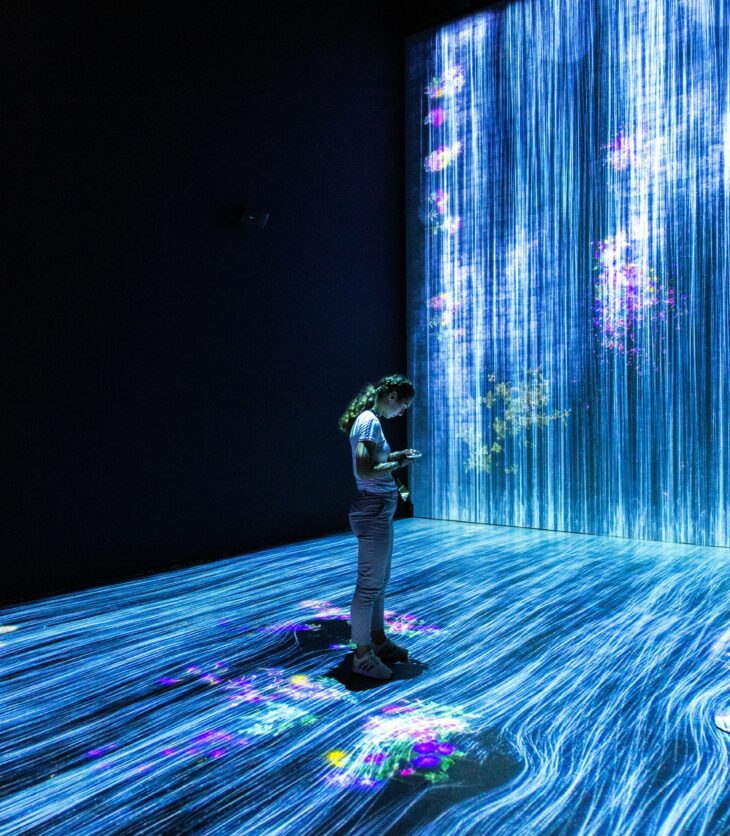Explore a curated menu of tools and resources designed to help your assessments thrive in an age of generative AI.
Tag: online learning
Generative AI can streamline module development, freeing academics for high-value tasks. We share our approach and insights on balancing AI with human expertise.
This month we’ll be exploring how AI is changing our roles, and the increasingly critical role of instructional design in an AI world.
Our video team tested new ways to present mathematical formulae in videos and asked students what they thought. Students’ favourite? Read on to find out!
We’re discussing the impact of tools such as ‘Like’ buttons on learner interaction, alongside broader questions about measuring and fostering meaningful engagement.
We’re exploring the value of short-form video in online education using a specific example from Careers education. There is much already written and believed about short-form video, so we’ll explore new and insightful perspectives from careers education.
Our online learners told us that their discussion forms were “dead spaces” and had “no value”. In this post I will explore how this may have happened and ask if there is anything we can do about it.
We’ve been providing distance education for over 100 years and we do this at scale, but designing good online learning is challenging. In pursuit of a solution we are proud to introduce the CAFE Model: a streamlined approach to learning design that emphasises the essential elements of what it takes to learn.
What makes a good educational video? Does this align with what students like? What does this tell us? We will explore this in more detail in this month’s digital education reading group.
In less than two years we have seen incredible changes in the possibilities provided by GenAI. It promises increased creativity and efficiency, better quality work and even improved health outcomes. But, at the same time, there are concerns about its misuse, job losses, exploitation, disregard for intellectual property and its impact on human rights and democracy.










